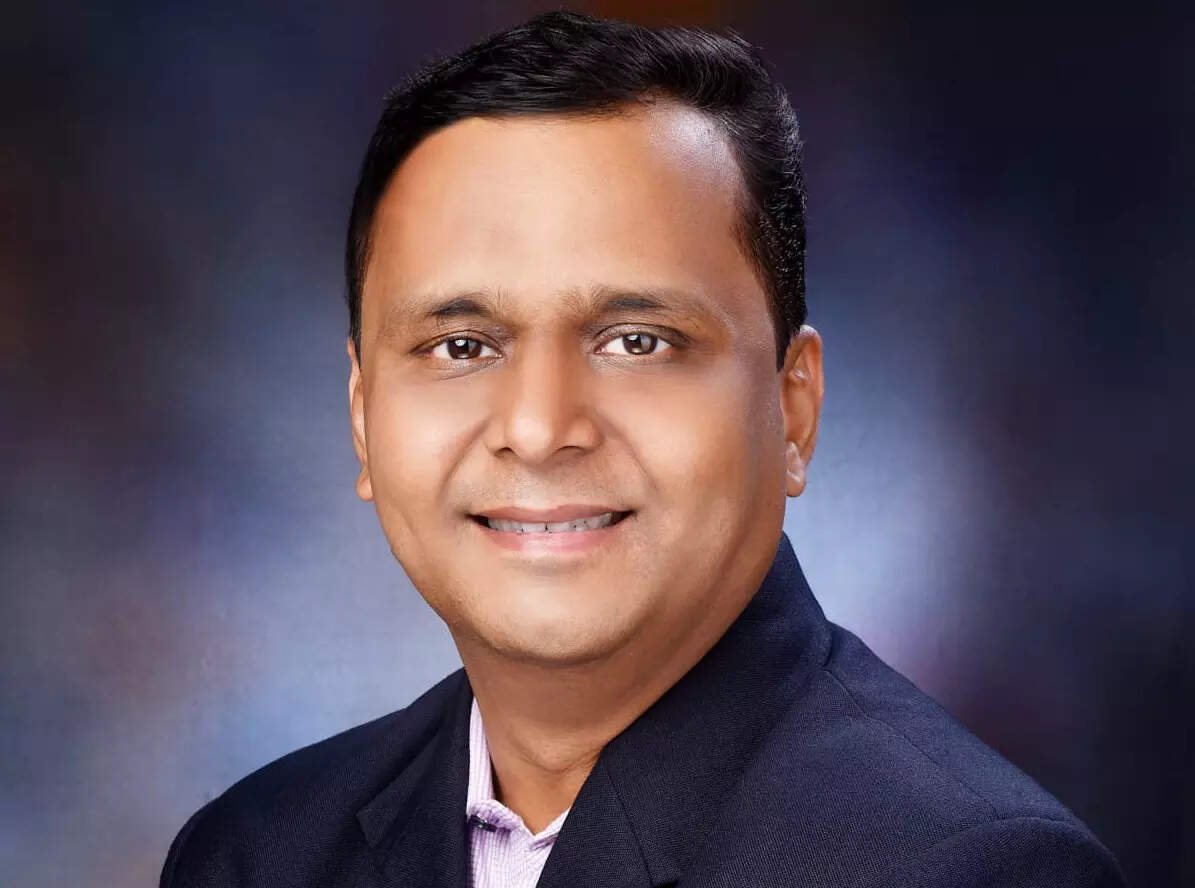The current era is one of precision medicine and personalised medicine
Understanding the role of immunity in cancer management has opened a wide spectrum of immunity-based medicines, collectively known as immunotherapy. These various targeted therapies or genetically designed immunity cells (CAR-T cells, etc) are utilised for effective cancer treatment.
Which novel strategies and developments in cancer treatment have potential going forward? What effect do you anticipate these developments to have on cancer treatment in the future?
Cancer treatment is beyond conventional chemotherapy, radiation, and surgery. The current era is one of precision medicine and personalised medicine. Rather than administering blanket treatment to everyone now, the focus is to understand the biology of cancer, which is unique in each case. Cancer genetics are analysed to detect its strengths and weaknesses so that specific or targeted medicines are planned, which vary in each case, and more predictable responses can be achieved during treatment.
Understanding the role of immunity in cancer management has opened a wide spectrum of immunity-based medicines, collectively known as immunotherapy. These various targeted therapies or genetically designed immunity cells (CAR-T cells, etc) are utilised for effective cancer treatment.
This has a double impact: cure rates and responses to treatment are increasing. It has the potential to treat advanced or even treatment-resistant cancers and reduce side effects as treatment is against cancer cells sparing normal cells. Still, it is evolving, and in the present decade, it will be frontline management for cancer.
All these treatments are patented or difficult and expensive to produce commercially; hence, the majority of patients don’t have access to these treatments. Once mass production is possible or patents expire, these treatment modalities will be accessible to common people. This we have observed in many medicines which were expensive when they were introduced for treatment but with more usage and production, many of these are accessible to the majority.
Please explain what scalp cooling treatment entails and how it benefits cancer patients undergoing chemotherapy.
Alopecia or hair loss, is one of the most feared adverse effects of chemotherapy or cancer treatment. The basis is chemotherapy drugs attack growing cells (cancer cells); those cells constantly growing inside of our body get affected during treatment like hair, nails, skin, blood cells, taste buds, etc.
To prevent or, in certain situations, to decrease alopecia, scalp cooling machines are utilised. These machines, via coolant and hair mask, decrease the temperature of the scalp. This in turn reduces the growth rate of hair root cells and as their growth rate decreases, chemotherapy drugs have the least effect on hair roots. This improves patient’s compliance towards treatment and gives them confidence.
What part do artificial intelligence (AI) and genomics play in personalised cancer care? How is it improving treatment results and patient experiences?
AI is going to revolutionise not only the field of medicine but also many other fields. Many fear that AI might replace people but there is another aspect to this AI: it will reduce errors and improve cancer care. Currently, patient data like history, pathology, cancer genetics, radiology (imaging), therapy details, responses, adverse events, etc are present in different domains. Correlating these in clinics is cumbersome and may not be accurate.
With AI, all of these can be analysed together, and even with one data set like radiology (imaging), others can be predicted, like cancer genetics (radio genomics). This will save time, and patients can be given effective treatment at the earliest. This will also increase the knowledge of treating physicians of all other aspects of cancer management for better care. Adverse effects can be predicted, and patients can be kept under better surveillance, which will reduce morbidity and mortality.
Data on rare cancers can be compiled, and it might give treatment algorithms for rare cancers or difficult situations. Currently, for these parameters, multidisciplinary meetings are conducted, but most of these happen in teaching or apex institutes. With AI, it will be available to the majority of clinicians at their fingertips, which will enable them to give better care.
Are there any current clinical trials or joint ventures your centre is a part of that are focused on improving cancer treatment options? What goals and results are anticipated from these initiatives?
As per common people’s perception, clinical trials mean patients are guinea pigs. This is wrong. Clinical trials open the door for various effective treatments. Initial phases may be experiments, but these are conducted in controlled situations so that patients are not adversely affected.
In collaboration with various international and national pharma companies and research organisations, we are conducting clinical trials. Through Phase I trials, drugs that are unavailable on the market and for which patients do not need to travel abroad as these drugs will be made available at our centres. Besides these, various Phase II, III, and IV trials are conducted, which provide treatment free of charge to patients in an effective manner.
Through these trials, many of the cutting-edge technology treatment modalities will be accessible to common people. This will improve the survival of patients and reduce their financial burden.
What are your centre's top priorities and objectives for improving cancer care and treatment? Are you very thrilled about any upcoming efforts or projects?
We aim to provide quality cancer care which is accessible to the majority. The care provided should be uniform across all cancer centres (use of online virtual tumour boards, which eliminate physician biases and ensure the same care or protocols at all centres). Reduce the waiting time of patients for consultation and treatment; ensure their compliance. Create a better ambience during cancer treatment, like corporate hospitals but make it more accessible with a personalised touch. Provide comprehensive cancer care not only through medicines but also physiotherapy, nutrition, psychological support, genetic counselling, etc. We use the latest technologies and protocols give constant training to physicians and staff and development of disease-specific support groups. Use of automation in the chemotherapy process with the use of an app or technology to reduce side effects and improve results. Conduct research to contribute towards cancer care improvement and, through clinical trials, bring newer drugs to India and make them available for needy people.
Are there any expansion plans in the pipeline? What locations are you considering for these centres, and why?
Our team is planning to expand initially in Mumbai (western, central, suburbs, south, etc), Maharashtra, Goa, Gujarat, and later on in pan India. We are also discussing expansion in Asia in southeast countries and Middle East nations.
The plan is to have seven to ten daycare centres with one referral centre (hub and spoke model). As the majority of patients require chemotherapy and it has a very long duration, to make it accessible, daycare units are being planned. Daycare units will decrease the travel time of patients, ensuring compliance, reducing costs, and achieving better results. While higher-end treatments are required in a subset of the population and are of shorter duration, referral units will deliver these treatments more effectively.



COMMENTS
All Comments
By commenting, you agree to the Prohibited Content Policy
PostBy commenting, you agree to the Prohibited Content Policy
PostFind this Comment Offensive?
Choose your reason below and click on the submit button. This will alert our moderators to take actions